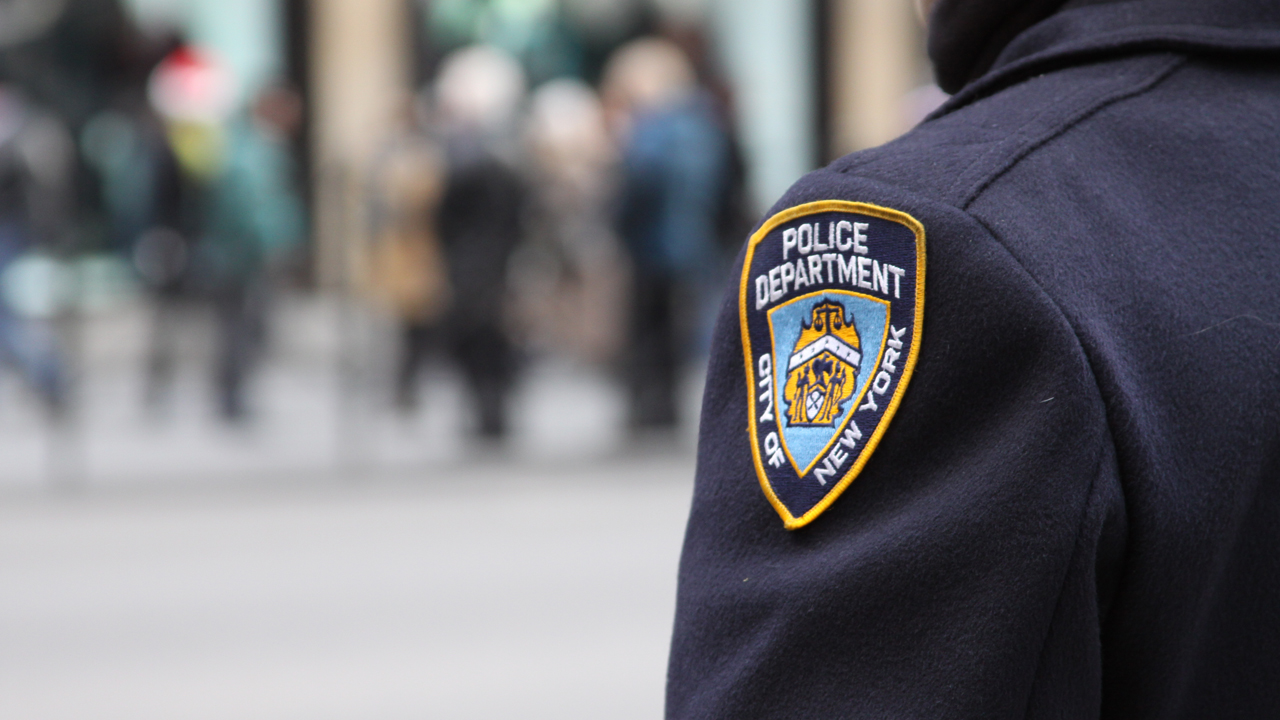With more protests held in Brooklyn on Sunday, the public is questioning “broken windows” theory more than ever. Written in 1982, the theory dictates that punishing smaller crimes to maintain social order deters bigger crimes, although no scientific proof qualifies this opinion. Currently, the theory is under fire over recent recorded acts of police brutality during minor crime policing, such as the death of Eric Garner in Staten Island, which was determined by the medical examiner to be caused by a chokehold used on him during his arrest for selling loosie cigarettes. The racial disparity of these arrests has been well documented, with a recent study demonstrating that the enforcement is targeted at African American and Hispanic New Yorkers and their neighborhoods.
The New York Times recently spoke to Professors James Q. Wilson and George L. Kelling who co-authored the original theory. Professor Wilson, who is now a fellow at the conservative research center Manhattan Institute, still supports his theory and considers its criticism “radical,” saying:
I worry about a turnabout, but it doesn’t have to do with Bill de Blasio. He has been a consistent supporter of the maintenance of order. He knows that order and crime rates are volatile issues socially and politically, but he comes under a lot of pressure from small groups that I would consider pretty radical.
Director of the Criminal Defense Clinic at City University School of Law Steve Zeidman sounds pretty reasonable:
Can someone argue that ‘restoration of order’ is at least partially responsible for the drop in reported crime? Sure, but the police commissioner acts like it is a causal relationship that has been proven and is irrefutable.
The other co-author of the theory, George L. Kelling also defends the theory but isn’t sure about its particulars, for example, loosie cigarettes:
It seems to me that it depends. Is it serious enough to pass a law against? Is selling loosies disruptive to a community? What are the consequences for local businesses?
He wasn’t sure about subway acrobats either, but he did criticize the current NYPD approach to removing homeless people from the subway:
Social workers should accompany the cops. We shouldn’t be using our jails as mental hospitals or drug rehabilitation sites.
As for his rejection of the stop and frisk, it’s not clear exactly what he means by all this, but it seems that he opposes stop and frisk practices because they aren’t what he meant by “broken windows” and targeting tough-acting teenagers is an attack on New York’s diversity.
Stopping and frisking was “overused” during the previous administration, Professor Kelling said, a police tactic predicated on suspicion, in contrast to broken windows, which responds to minor offenses, and zero tolerance, which he described as “zealotry and no discretion — the opposite of what I tried to preach.”
Restraint is also called for when teenagers merely look threatening but are not acting suspiciously or do not appear to be armed, he said, adding: “We don’t want to lose the genius of New York that is its diversity.”
Additionally, Kelling’s opinion about racial disparity in minor crime enforcement is awkwardly worded, placing the blame on African Americans who are “terrorizing” “those neighborhoods” — which is very disconcerting since he is currently a consultant for the Police Department.
While he was aware of how loitering laws were used to contain and exploit blacks in the South, he said it was only logical that with black and Hispanic New Yorkers suffering the highest rates of victimization and fear of crime, targeting high-crime areas would produce a disproportionate share of black and Hispanic arrests.
“It’s not the police’s fault,” he said. “It’s not whites that are terrorizing those neighborhoods; it’s African Americans.”
And broken-windows policing produces another benefit beyond reducing crime, Professor Kelling added: “In an urbanized society, in a world of strangers, civility and orderliness is an end in itself.”
(Photo:@baltimoredave)


